- Overview
- MASLD and MASH
- Tests & Diagnosis
- Treatment and Prevention
- Complications
- Appointment Prep
- View Full Guide
Diet and Lifestyle Tips to Reverse Fatty Liver Disease

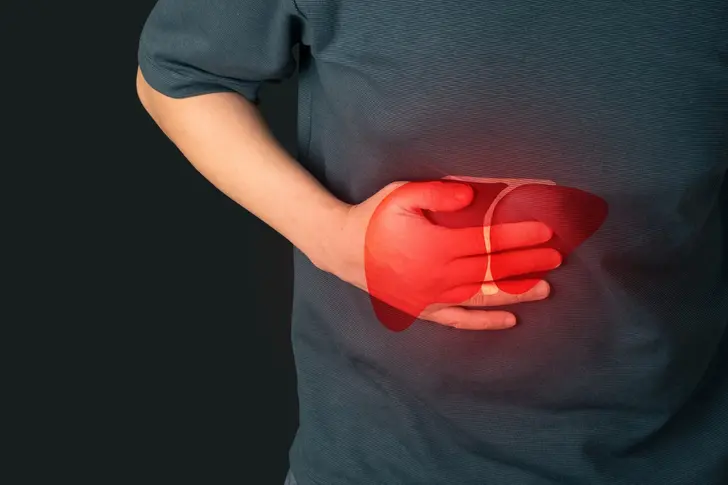
Understanding Fatty Liver Disease
Fatty liver disease occurs when excess fat builds up in your liver. While medication like resmetirom (Rezdiffra) can help treat this condition, you need to use it alongside lifestyle changes for weight loss. A healthy diet and exercise are key to managing this condition. Everyone's needs are different, so work with your doctor to create an eating plan that's right for you.
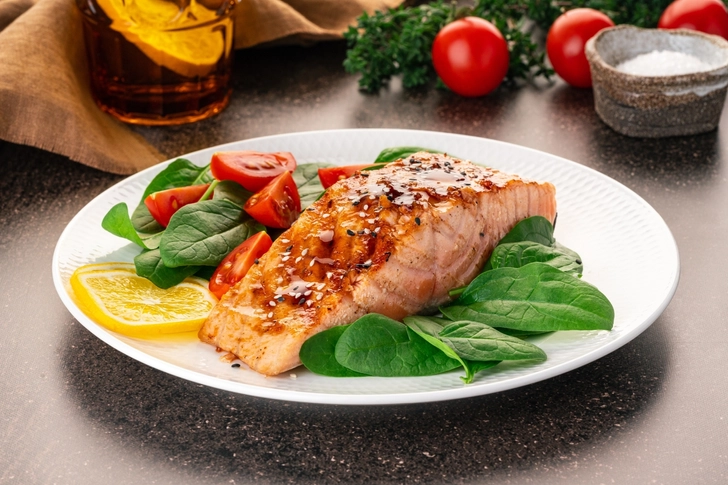
Embrace the Mediterranean Diet
The Mediterranean diet is an excellent choice for managing fatty liver disease. It's rich in foods that help reduce liver fat, including healthy fats, antioxidants, and complex carbohydrates. Fill your plate with fish and seafood, fruits, whole grains, nuts, olive oil, vegetables, avocados, and legumes. This balanced approach can improve your liver health and overall well-being.
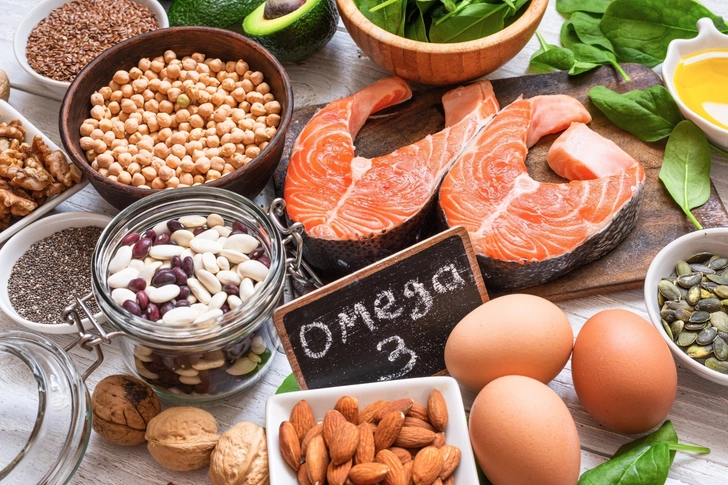
Choose the Right Fats
Not all fats are created equal when it comes to liver health. Focus on omega-3 fatty acids found in fish, nuts (especially walnuts), and leafy veggies, as well as monounsaturated fats from plant sources such as olives, nuts, and avocados. These fats can help your body use insulin more effectively, reducing fat buildup in your liver.

Foods to Avoid for a Healthy Liver
Certain foods can worsen fatty liver disease. Limit saturated fats found in red meat, full-fat dairy, and baked goods made with palm or coconut oils. Also, steer clear of sugary items and foods with added sugars, including high-fructose corn syrup. By avoiding these foods, you can help protect your liver from further fat accumulation.
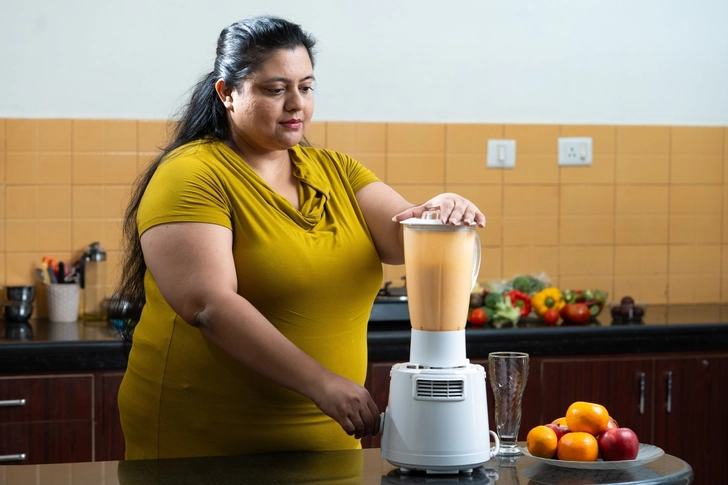
Power Up With Antioxidants
Antioxidants protect cells from damage that can lead to fat buildup. Boost your antioxidant intake with coffee, green tea, raw garlic, berries, and colorful vegetables. Vitamin E-rich foods like sunflower seeds, almonds, and olive oil are also great choices. You can also get vitamin E from liquid plant-based oils with monounsaturated fats, like olive and canola oil.
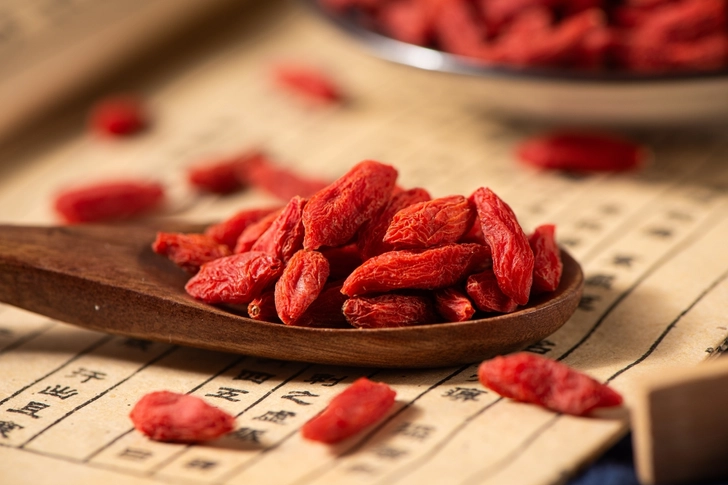
Supplements: Proceed With Caution
While some supplements show promise for liver health, more research is needed. Goji berry, resveratrol, selenium, milk thistle, and berberine are being studied for their potential benefits. Check with your doctor before you take any supplements. They could change how your medicines work, or they might cause other health problems. They may not be helpful if you don't take the right amount in the right way.
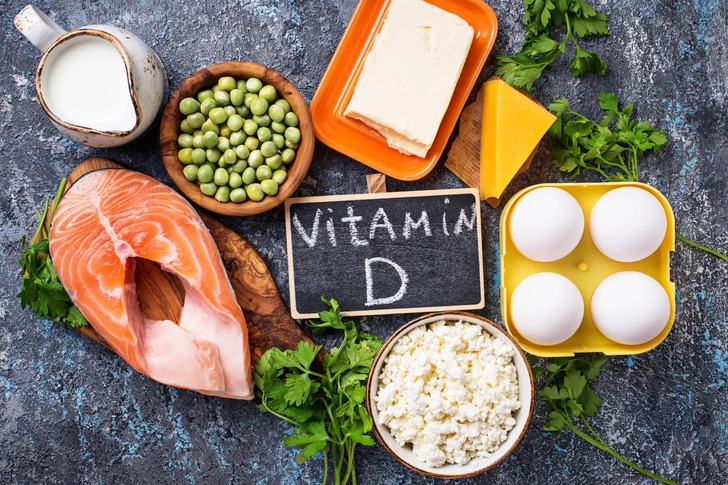
Boost Your Vitamin and Mineral Intake
Certain vitamins and minerals may support liver health. Vitamin D may help prevent severe fatty liver disease. Your body makes vitamin D when you're in the sun, and you also can get it in some dairy products. Low levels of potassium may be linked to fatty liver disease. Fish, dairy foods such as milk and yogurt, and veggies such as peas and sweet potatoes are good sources.

Alcohol and Your Liver: What to Know
If your fatty liver disease is alcohol-related, it's crucial to avoid alcohol completely to prevent further damage. For those with metabolic dysfunction-associated steatotic liver disease (MASLD), occasional drinking might be OK, but no more than once every other month. Always consult your doctor first to understand what's safe for your specific situation.
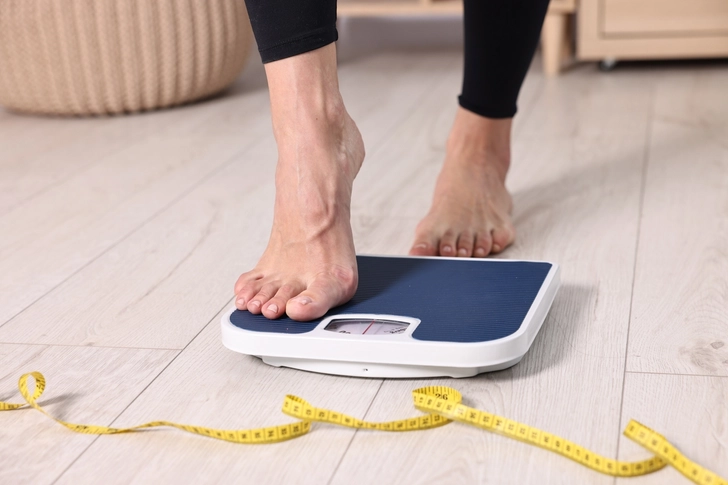
The Power of Weight Loss
Losing weight can significantly improve fatty liver disease. Even a 5% reduction in body weight can lower liver fat, while a 7%-10% loss may reduce inflammation and reverse some damage. Aim for a gradual weight loss of 1-2 pounds per week. Rapid weight loss might worsen the condition. If you're struggling to lose weight, discuss options like weight loss surgery with your doctor.

Exercise: A Powerful Tool
Aerobic exercise can actually reduce the amount of fat in your liver. It also can lower inflammation. Aim for 30-60 minutes of moderate- to high-intensity aerobic exercise at least five days a week. Additionally, incorporate strength training exercises three days a week. If this seems like a lot, remember that any increase in physical activity is beneficial, so start where you can and gradually build up your routine.
Image Credits:
1) Orawan Pattarawimonchai/Shutterstock
2) Nata Bene/Getty Images
3) artem evdokimov/Shutterstock
4) Aleksandar Karanov/Shutterstock
5) stockpexel/Shutterstock
6) kungfu01/Shutterstock
7) Yulia Furman/Shutterstock
8) Andrey_Popov/Shutterstock
9) New Africa/Shutterstock
10) PeopleImages.com/Shutterstock
SOURCES:
American Liver Foundation: "NAFLD."
National Institute of Diabetes and Digestive and Kidney Diseases: "Nonalcoholic Steatohepatitis."
Canadian Liver Foundation: "Fatty Liver Disease."
Eslamparast, T. World Journal of Hepatology, published online Feb 27, 2015.
Lai, M. The Liver Healing Diet, Ulysses Press, June 9, 2015.
Natural Medicines Comprehensive Database: "Vitamin E," "Goji."
Scorletti, E. Annual Review of Nutrition, published online July 2013.
American Heart Association: "Monounsaturated Fats."
NHS Choices: "Do goji berries deserve their A-list status?"
Eliades M, World Journal of Gastroenterology, Feb 14, 2015.
Harvard Health Publications: "Potassium lowers blood pressure."
USDA: Dietary Guidelines for Americans 2005, Appendix B.
Medscape: "What Advice Should Be Given to Patients With NAFLD About the Consumption of Alcohol?"
Pacana, T. Curr Opin Clin Nutr Metab Care, November 2012.
University of Chicago Medicine: “Why some foods can help treat the nation's most common chronic liver disease.”
Harvard Health Publishing: “Fatty liver disease: What it is and what to do about it.”
Hepatology: “Resistance exercise reduces liver fat and its mediators in non-alcoholic fatty liver disease independent of weight loss.”
Exercise Medicine: “Regular Exercise as a Secondary Practical Treatment for Nonalcoholic Fatty Liver Disease.”
Mayo Clinic: “Nonalcoholic fatty liver disease,” “Triglycerides: Why do they matter?”